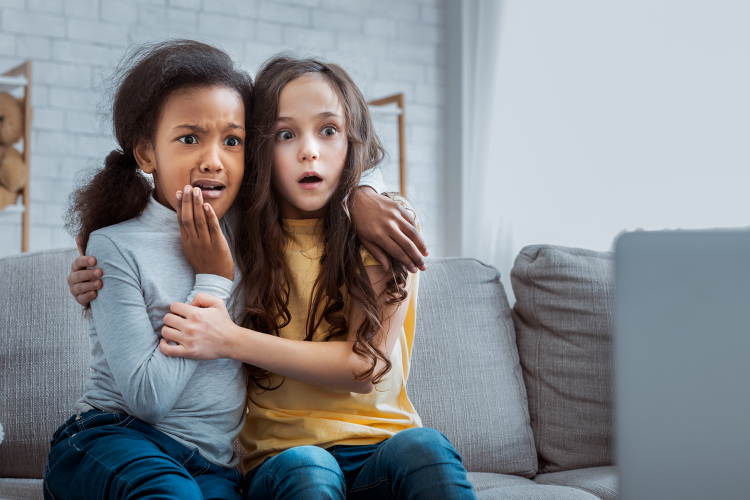
Should I let my tween use the Kik messenger app?
Should I let my tween use the Kik messenger app? https://mediatrics.com/wp-content/uploads/2016/10/KikATM.png 750 315 Mediatrics Mediatrics https://mediatrics.com/wp-content/uploads/2016/10/KikATM.pngQ: Would you allow an 11-year-old child to use the Kik app? I say “no”, but would like to know your thoughts – thanks!
~ Kik Me, Annapolis, MD
A: Dear KM,
Parenting in the 21st Century includes deciding how to manage children’s screen media use, which means many different decisions about issues from television viewing, to when to give a child a cell phone, to when to allow them to use social media. While all of these questions require deciding when your child is mature enough and developmentally ready to handle the responsibility that screens and technology use require, U.S. law also factors in when it comes to social media. The Childhood Online Privacy Protection Act (COPPA), states that children must be 13 years or older in order to use social media applications, like Kik, that collect user data for marketing purposes. This is because the United States considers collecting personal data on and advertising to children under 13 unethical because kids cannot yet fully understand the implications of giving up their privacy.
An Eleven-year-old’s brain does not have a fully developed prefrontal cortex. This means that it will take the next 15 years for their brains to develop the ability to control impulses and the understanding that their actions (both online and offline) have consequences. Because their brains are still working on these executive functions, the “air traffic controllers” of their behavior, young children are more likely to send content without thinking about it or understanding how it will affect their reputations or their futures.
With Kik, as with all social media apps, not only is your child providing personal information, but Kik collects the information embedded in her messages in order to profile her as a consumer. Depending on how the account is set up, Kik also has in-app features that are available for purchase, for which a parent’s credit card can be used with a click.
Something else to keep in mind is that Kik allows users to communicate anonymously with other users. While (perceived) anonymity is one of the app’s most attractive features for young users, it takes away a parent’s ability to help a child navigate through difficult situations that may be encountered. As we have all experienced with email and other social media platforms, text and images that are sent out of context can be interpreted very differently by the receiver than what was intended by the sender. So, what might seem like affectionate teasing by a sender may be received as an insult or threat by the receiver. We’ve seen cases of young people who have been so disturbed by messages or images they have received through apps such as Kik, that they avoid school, harm themselves, and even attempt suicide as a response to what was a miscommunication rather than a personal attack.
Instead of outright refusing to let your child use Kik because you don’t think it’s right (she won’t buy that argument anyway), let her know that you would have to lie about her age and break the law to get an account and, regardless of what other kids or their families do, your family won’t do that. Have a conversation about why she wants to use Kik. It may be because all of her friends are on Kik, and your child feels left out of the conversation. If this is the case, discuss how your child can be a leader and not a follower. Suggest different forms of communicating with friends, such as through text, phone calls, or face-to-face communication. Help your child become a model for positive, healthy and developmentally optimal ways of connecting with others. Connecting without social media now will help her develop the skills to use social media in healthy, balanced ways in the future.
Enjoy your media and use them wisely,
~The Mediatrician®




